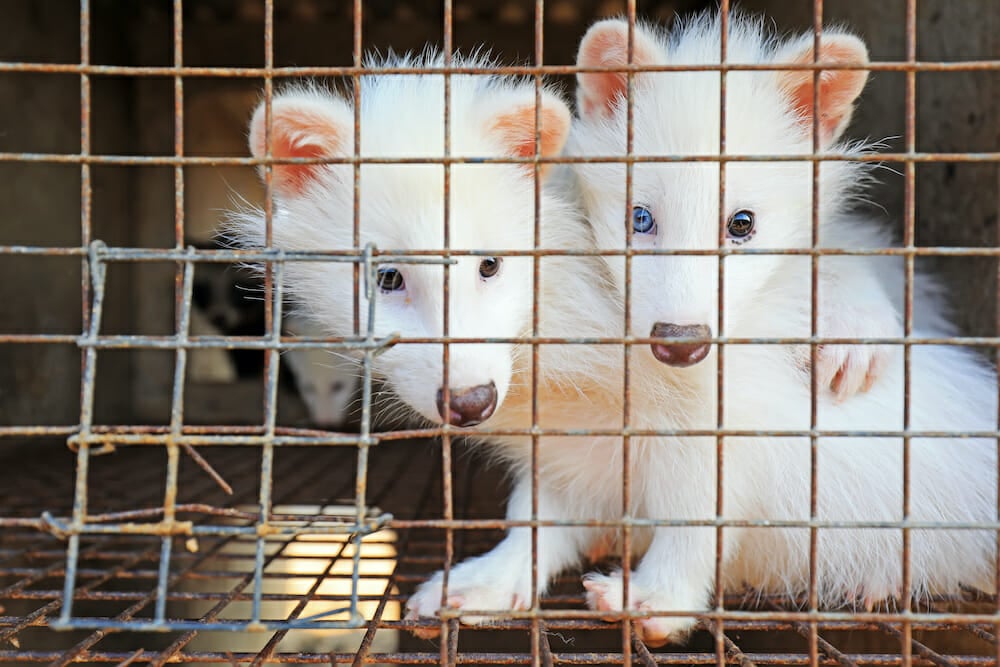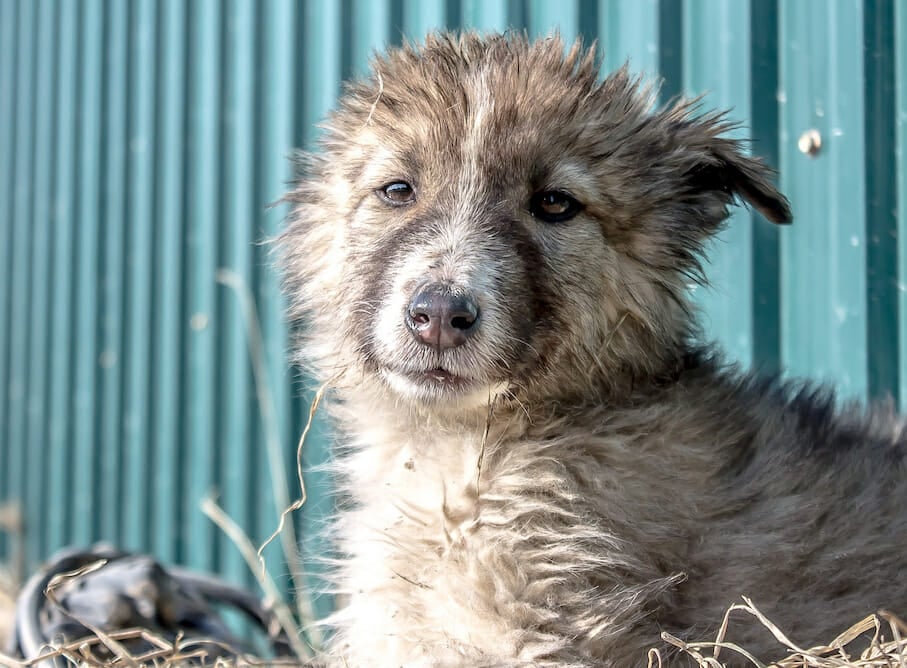PETITION CLOSED
PETITION TARGET: Chinese Ambassador Cui Tiankai
UPDATE (3/28/2023): We sent our petition to Chinese Ambassador Cui Tiankai. Thank you to everyone who signed! Unfortunately, the situation in China for animals remains dire and we will continue to do all we can to advocate for stronger protections. —Lady Freethinker Staff
*
Despite China banning wildlife consumption after the deadly coronavirus outbreak was traced back to a Wuhan seafood market, the nation’s dangerous selling of wild animals continues online.
The online sale of low-profile illegal wildlife as pets is common throughout China. For example, one study found that in 150 days, over 70,000 live parrots and turtles were sold on China’s consumer-to-consumer website Taobao, including almost 100 total protected species. In addition to at “wet” and live animal markets, much of the meat from China’s wildlife trade is also sold online, according to The Guardian. Further, China is offering tax breaks to companies that ship the now-banned wildlife overseas, according to the Wall Street Journal.
In order to stop this barbaric wild animal internet trade, online platforms need to take responsibility and effectively monitor and police any illegal activity taking place on their sites. Unfortunately, however, there are no clear guidelines for them to do so.
“Right now, there isn’t enough regulation specifying the responsibility of online platforms,” said Zhou Jinfeng, head of the China Biodiversity Conservation and Green Development Foundation. “If they don’t play their role and are not able to step up their monitoring mechanisms, stopping online wildlife trade will be difficult. I hope the Government can come up with rules to urge online platforms to take their responsibility.”
There are also inconsistencies in the naming of protected species, which makes prosecution difficult.
“Loopholes could allow illegal wildlife traders and hunters in China to evade persecution or to receive reduced sentencing,” said Zhao-Min Zhou of the Yunnan Public Security Bureau for Forests. “The problem stems from China’s Protected Species List (PSL).”
China’s PSL has not been updated in over 30 years.
The Chinese government needs to clearly define the procedures necessary for online companies to monitor illegal wildlife traders and ensure they’re unable to conduct business on their platforms.
Sign this petition to urge Chinese authorities to put legislation into place to help online platforms and law enforcement agencies track and shut down the traders who are continuing the horrific trafficking of wild animals online.



